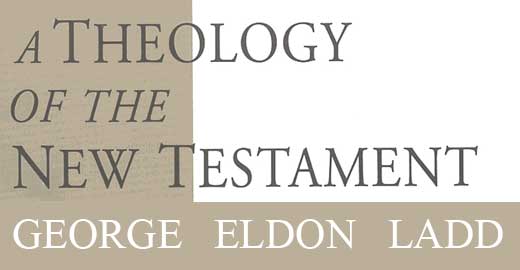Ladd’s imperfect view of Judaism affected the methodology of his research.
Where Little Ones Splash: The Hebrew Roots Movement
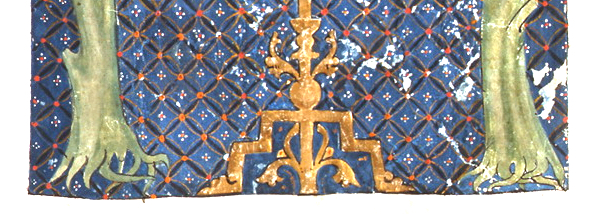
The Hebrew Roots Movement has more to offer than merely rediscovering the biblical feasts and referring to New Testament personalities by their Hebrew names.
Threading a Needle
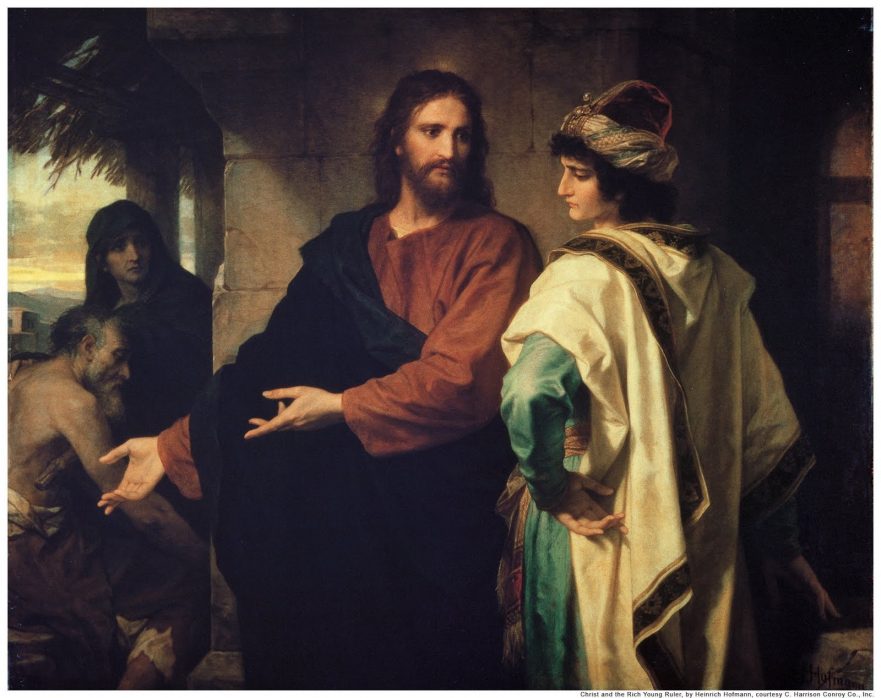
Over the past few years, I have reflected much on the phrases “to enter the Kingdom of Heaven” and “to inherit eternal life.” One important conclusion that I have reached from reading early rabbinic literature and Matthew, Mark, and Luke is that these are two independent concepts sharing a fuzzy area of overlap.
Toward an Unclouded Vision of His Kingdom

In an effort to counter the risk we may be running of losing “the vision of the kingdom,” I will enumerate and comment briefly upon three optical aids for keeping it in focus.
Over and Under-Familiarity with Matthew 6:11

Hearing something repeatedly can diminish its significance. I suspect that this is particularly true of Scripture. Overfamiliarity with a biblical passage can contribute to its misunderstanding. Sometimes it can reduce a profound saying to nothing more than a cliché.
Pileggi Sermon: “The Kingdom of Heaven is at Hand”
Listen to a sermon by David Pileggi delivered at the Narkis Street congregation in Jerusalem.
Where Seed and Thistle Grow

The interpretive approach of this essay assumes that Jesus’ frame of reference for the Parable of the Sower centered on the kingdom of heaven. Jesus emphasized repentance and grace, and their joint role as a catalyst for increasing God’s reign.
Scholars and Saints: A Critical Collaboration
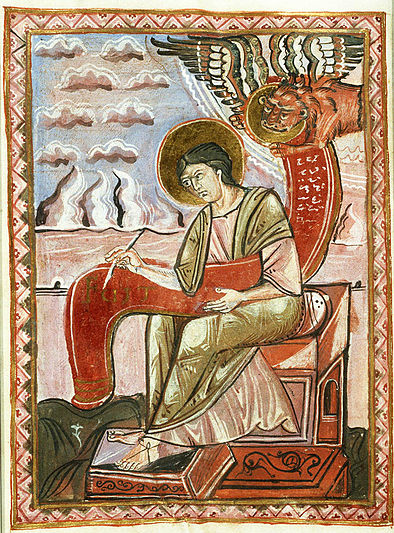
Most academics would question the value of attempting to identify material originating from the historical Jesus because Matthew, Mark and Luke are not historical narratives in the modern sense.
Jesus’ Yoke and Burden
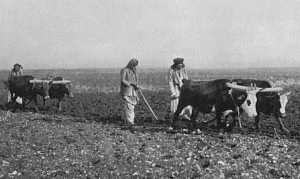
It appears that the original context for Jesus’ “Comfort for the Heavy-Laden” saying has been lost; however, passages in the apocrypha indicate that Jesus was speaking of Torah study and the rigors of first-century discipleship.
“Prophets and Kings”: The Evangelist Luke’s Curious Doublet
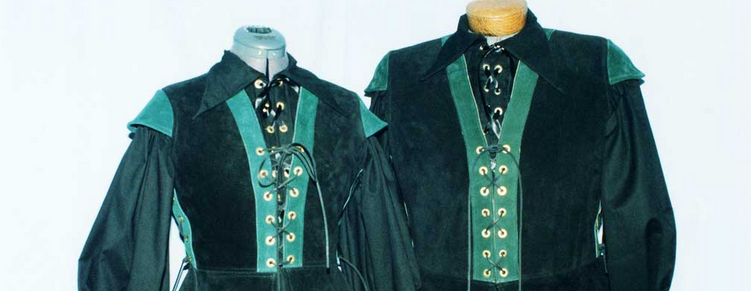
In a beautiful statement that probably referred to the Kingdom of Heaven, Jesus proclaimed to his disciples, according to Luke, that “many prophets and kings” desired to see and hear what they (his disciples) are seeing and hearing. Matthew preserves the same saying, but in Matthew’s account the doublet is, “prophets and righteous persons.” The wording of Jesus’ saying in these two accounts is so similar that it appears likely that their slight differences reflect literary, or editorial, changes rather than different versions of the saying uttered by Jesus on different occasions. If so, which of these gospel accounts preserves the more original form of Jesus’ saying? Did Jesus say “prophets and kings” or “prophets and righteous persons”?
“Give unto Caesar”: Jesus, the Zealots and the Imago Dei
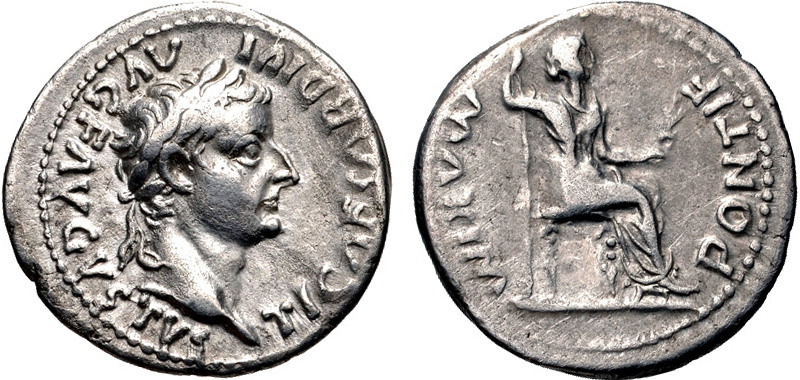
The retorts of Hillel and Jesus exemplify innovative developments in Jewish thought during the Second Temple period, developments that were established on the biblical notion that man was created in the image of God—Imago Dei (Gen. 1:27).
Beyond an Inheritance

Could it be that the original integrity of Jesus’ message about the Kingdom of Heaven was later compromised by the presence of other expectations of a messianic-eschatological character that circulated promiscuously in early Christian communities?
The Transparent Agenda
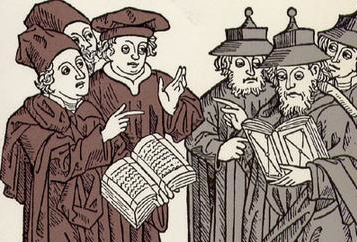
As practitioners of Jesus’ teachings, our conduct certainly should be characterized by charity, but a helping hand with strings attached or expectations appended is not pleasant. This constitutes one of the mysterious aspects of the kingdom of heaven. It is The Transparent Agenda, a mandate to do good to all without prejudice and without expectations.
Book Review: Joseph Frankovic’s The Kingdom of Heaven
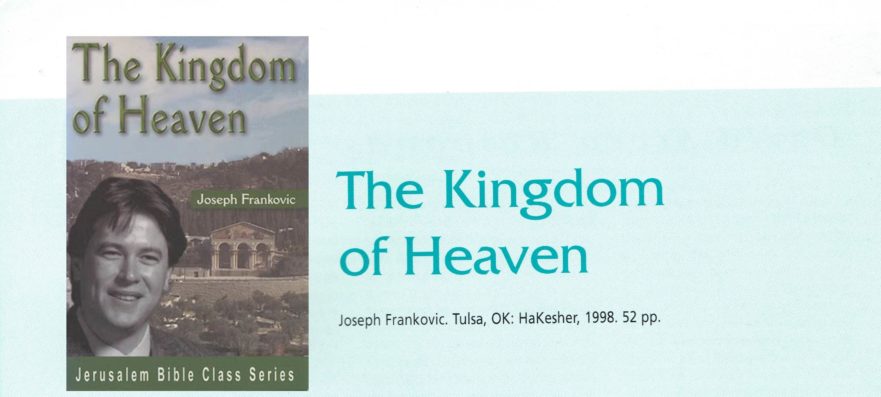
For anyone wanting to learn more about the responsibilities, demands, privileges and rewards of aligning oneself with Jesus’ redemptive program, reading The Kingdom of Heaven would be a good place to start.
The Best Long-term Investment—Making Loans to God
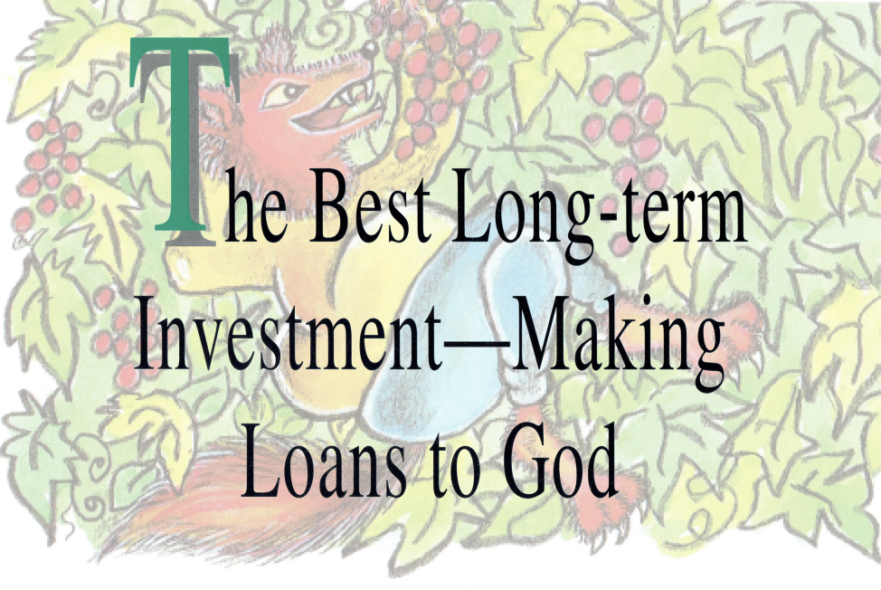
In our day, the 20th-century disciple of Jesus feels the challenge of his call to lay up treasure in heaven more than ever. In the face of an emerging global society drunken with consumerism and materialism, Jesus’ words shatter the silence: “You cannot serve God and mammon!”
The Nature of Jesus’ Task
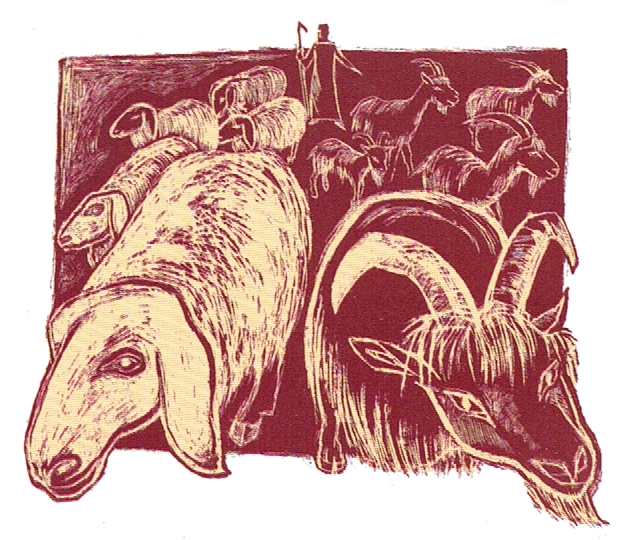
Christians read their Bibles through a lens of historical hindsight to illuminate certain features of Jesus’ teaching. Jews living in the first century did not have this benefit, and even one as saintly as John the Baptist struggled with aspects of Jesus’ messianic conduct.
Stewards of God’s Keys
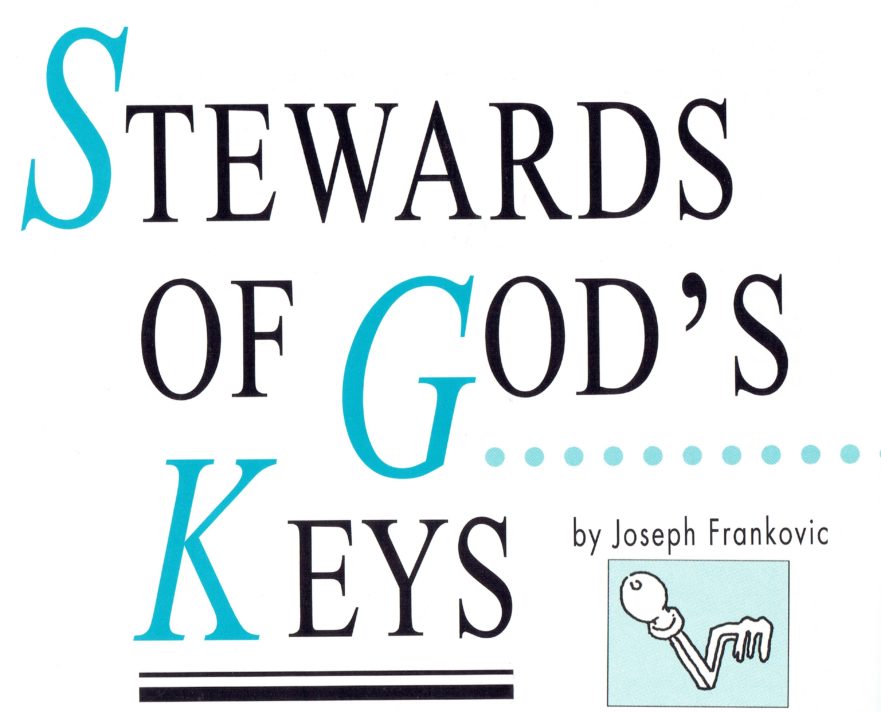
Jesus gave his disciple Peter the “keys of the kingdom of heaven” and promised that whatever Peter “bound” and “loosed” on earth would be “bound” and “loosed” in heaven. What scriptural allusions lurk beneath these expressions and what are their implications? How does the Jewish literary background of Matthew 16:19 help us better appreciate Jesus’ words?
The Power of Parables
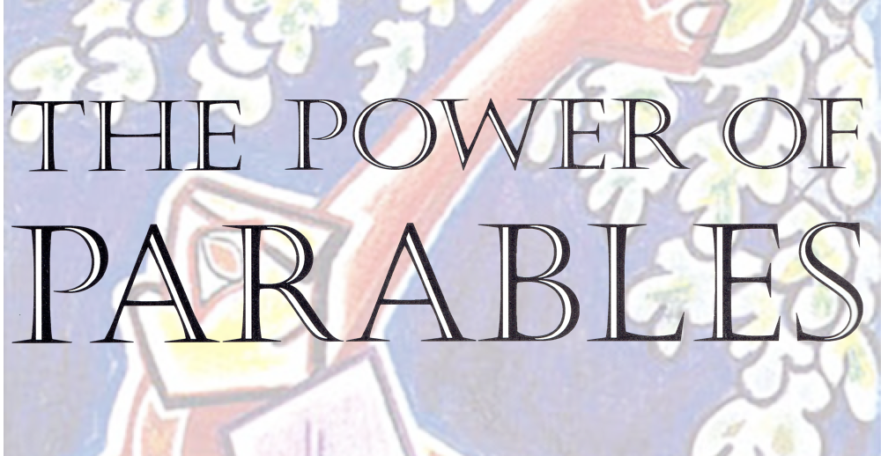
Jesus was a master teacher. Therefore, it is significant that he relied heavily on parables. What is it about parables that makes them so moving and memorable?

